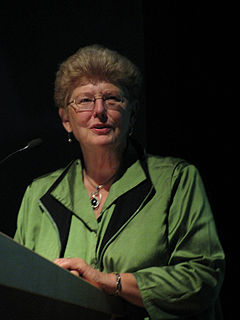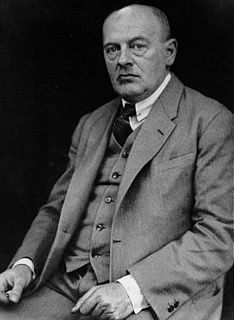A Quote by Terry Eagleton
What was needed was a literary theory which, while preserving the formalist bent of New Criticism, its dogged attention to literature as aesthetic object rather than social practice, would make something a good deal more systematic and 'scientific' out of all this. The answer arrived in 1957, in the shape of the Canadian Northrop Fryes mighty 'totalization' of all literary genres, Anatomy of Criticism .
Quote Topics
Related Quotes
I don't have a very high opinion, actually, of the world of criticism - or the practice of criticism. I think I admire art criticism, criticism of painting and sculpture, far more than I do that of say films and books, literary or film criticism. But I don't much like the practice. I think there are an awful lot of bad people in it.
My literary criticism has become less specifically academic. I was really writing literary history in The New Poetic, but my general practice of writing literary criticism is pretty much what it always has been. And there has always been a strong connection between being a writer - I feel as though I know what it feels like inside and I can say I've experienced similar problems and solutions from the inside. And I think that's a great advantage as a critic, because you know what the writer is feeling.
First one gets works of art, then criticism of them, then criticism of the criticism, and, finally, a book on The Literary Situation , a book which tells you all about writers, critics, publishing, paperbacked books, the tendencies of the (literary) time, what sells and how much, what writers wear and drink and want, what their wives wear and drink and want, and so on.
There are so many new young poets, novelists, and playwrights who are much less politically committed than the former generations. The trend is to be totally concentrated on the literary aesthetic and to consider politics to be something dirty that shouldn't be mixed with an artistic or a literary vocation.
Lulled into somnolence by five hundred years of print, literary studies have been slow to wake up to the importance of MSA (media-specific analysis). Literary criticism and theory are shot through with unrecognized assumptions specific to print. Only now, as the new medium of electronic textuality vibrantly asserts its presence, are these assumptions clearly coming into view.
I'm now much more excited about genre distinctions. What I still see breaking down are more the hierarchical arrangements of genres. That is, "There is literary fiction, and then there are lesser genres." I'm much more clear on the idea that literary fiction is itself a genre. It is not above other genres. It is down there in the muck with all the other genres, and it's doing the wonderful things that it does, but to give it a Y-axis, to make it high and low, just seems absurd. I stand by that.
In my profession more generally, it's not an exaggeration to say that masculinity is viewed as the root of all evil. If you were to take a literary theory course, you might think it would be about literature, but it's really not. It's about all the various forms of oppression on earth and how we can see them playing out in literary works. And behind all these forms of oppression is a guy.
Whenever convictions are not arrived at by direct contact with the world and the objects themselves, but indirectly through a critique of the opinions of others, the processes of thinking are impregnated with ressentiment. The establishment of "criteria" for testing the correctness of opinions then becomes the most important task. Genuine and fruitful criticism judges all opinions with reference to the object itself. Ressentiment criticism, on the contrary, accepts no "object" that has not stood the test of criticism
When we consider the close connection between science and industrial development on the one hand, and between literary and aesthetic cultivation and an aristocratic social organization on the other, we get light on the opposition between technical scientific studies and refining literary studies. We have before us the need of overcoming this separation in education if society is to be truly democratic.




































